Health gap between rich and poor widening
Mental health and chronic conditions are more prevalent in poorer Australians, leading to calls for policy reform.
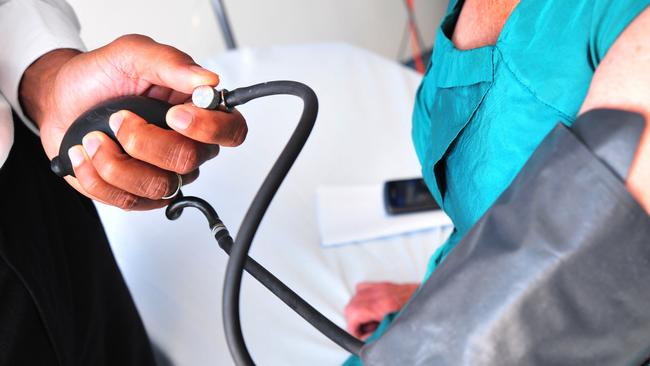
Australians like to believe they live in an egalitarian society, but a sobering new study on health equity reveals otherwise, with the already large health gap between rich and poor set to widen further as a result of the Covid-19 pandemic.
The research reports 60 per cent of the top decile of income earners describe their health as good, very good or excellent compared to 33 per cent for the lowest income decile.
It also finds one in two Australians under 65 on social security payments report having a mental health condition, compared to 18 per cent of people earning a wage or salary.
Those on social security were almost twice as likely as wage earners to suffer from asthma, at 19 per cent compared to 11 per cent. And more than one in three welfare recipients (36 per cent) report high levels of psychological distress compared to 10 per cent of those earning a wage or salary.
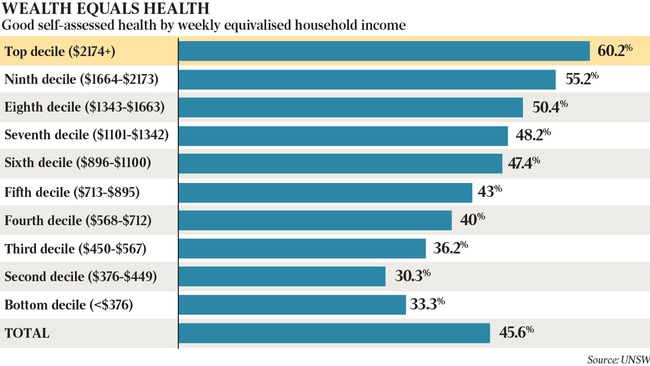
The study, Work, Income and Health Inequity, conducted through an ongoing partnership between the University of New South Wales and the Australian Council of Social Service, finds the pandemic is leaving segments of the nation “at greater risk of poorer health outcomes because of their background and living conditions.”
“Despite being among the wealthiest countries (per adult) in the world, Australia suffers from significant health inequities,” it concludes.
“The incidence of certain chronic health conditions, such as asthma, diabetes and heart, stroke or vascular diseases, are more prevalent for those people on low incomes and those who are reliant on government payments for their income.”
UNSW Professor Evelyne de Leeuw, the report’s lead author, said “it is clear income and wealth determine health outcomes.”
“Without urgent government action, the pandemic is only set to widen this inequality, with people on lower incomes already being left behind in the vaccine roll out, even though many live in insecure, overcrowded housing or work in roles that cannot be carried out from home,” Professor de Leeuw said.
ACOSS chief executive officer Cassandra Goldie said government policy had to change across multiple settings – from social security to education to access to affordable health services – to better support those missing out.
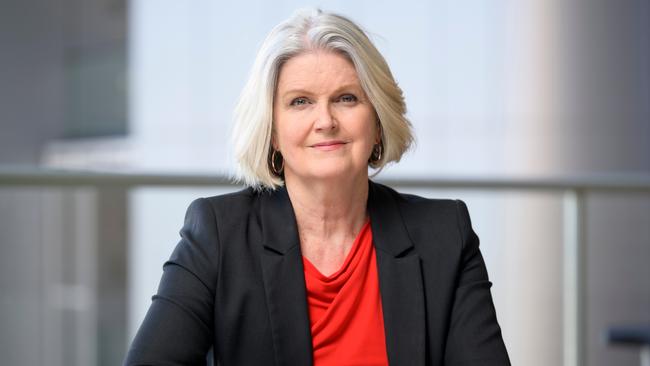
“We are overall the wealthiest country in the world by median household wealth according to a recent Credit Suisse report, but if you look at investment in the social determinants of health we are the sixth lowest of 37 OECD countries,” Ms Goldie said.
“It is also clear income and wealth inequality is growing in Australia. The top 20 per cent in Australia have 90 times the wealth of the bottom 20 per cent.
“The multiple effects of the pandemic are only going to greatly worsen income and wealth inequalities,” she said.
Ms Goldie said one concrete step to reducing health inequality would be for the government to lift the JobSeeker payment to $65 a day, down from $80 a day during the emergency Covid response last year but now sitting at $44 a day.


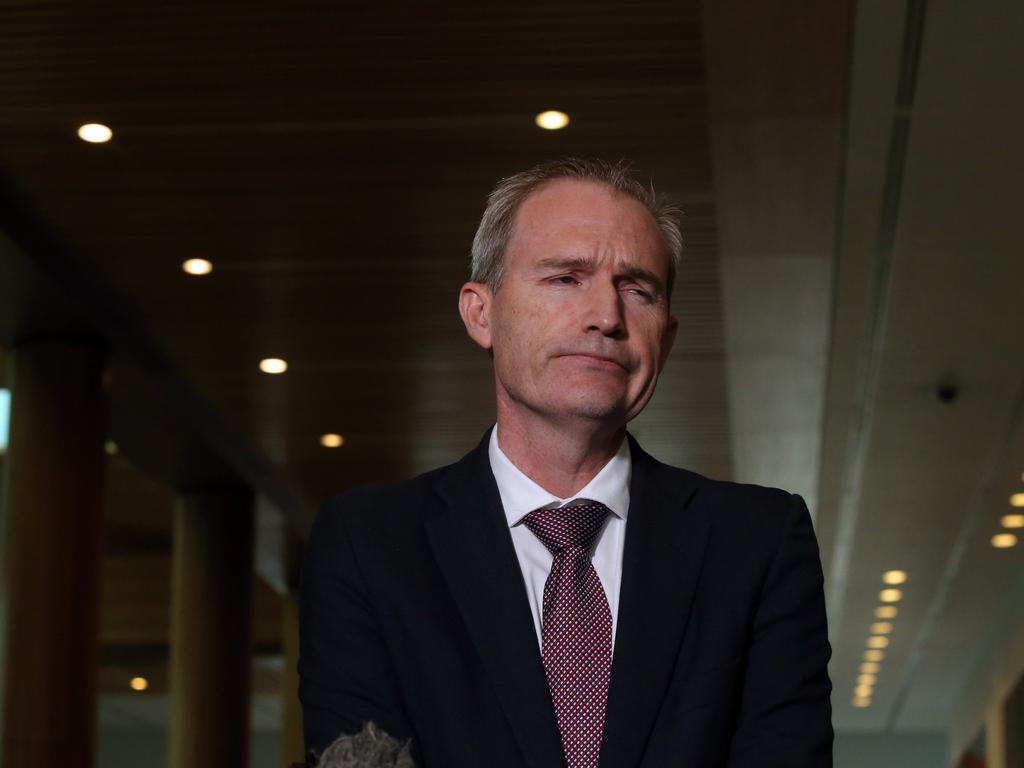
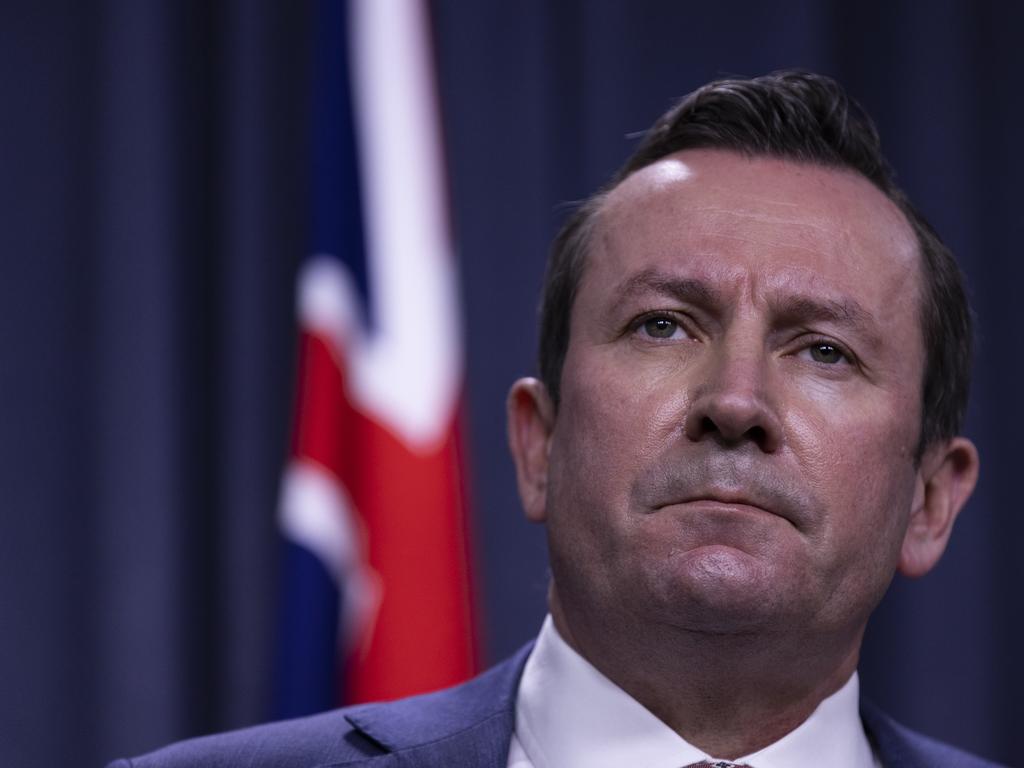

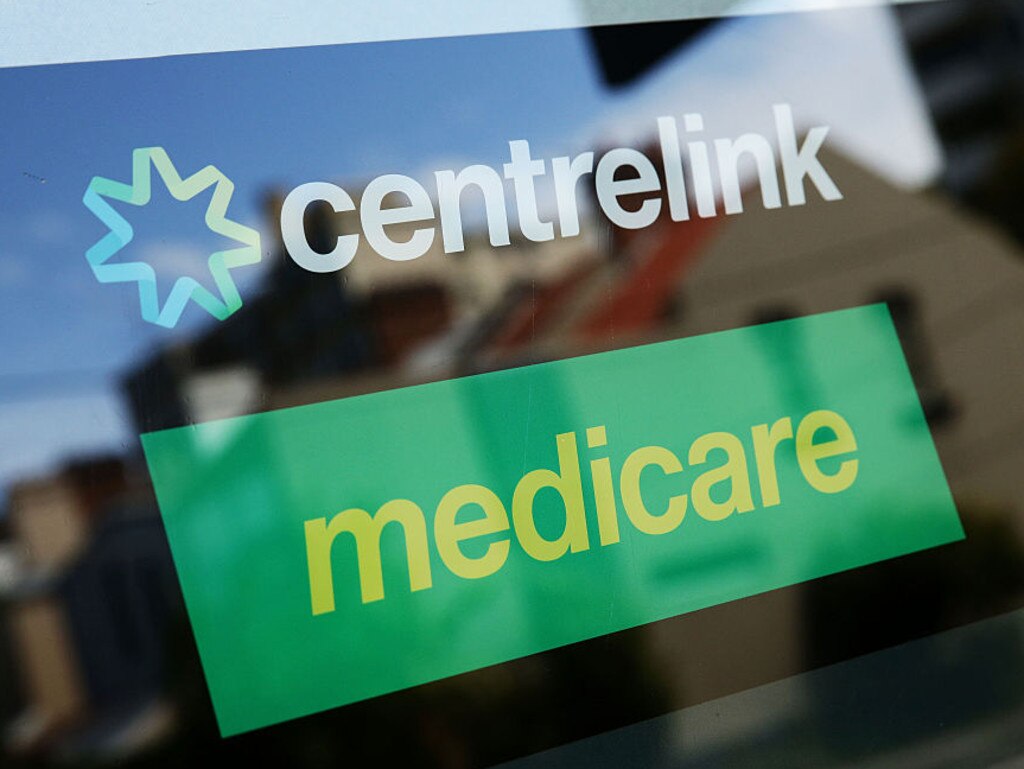


To join the conversation, please log in. Don't have an account? Register
Join the conversation, you are commenting as Logout